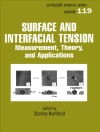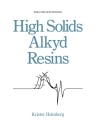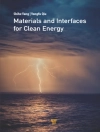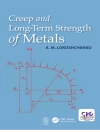Offers a diverse, interdisciplinary, and eye-opening view of the future direction of forensic science
This one-of-a-kind book is a collection of content from the Past and Current Presidents of the American Academy of Forensic Sciences–providing readers with all of their forensic science experience, knowledge, insight, and wisdom. It envisions where forensic science will be a decade from now and the impact of these emerging advances on the law (along with our place in it), emphasizing theoretical advances, innovative leads from the laboratory, and emerging technologies.
Filled with information from some of the greatest forensic minds of their generation, The Future of Forensic Science covers all of the eleven sections that comprise the AAFS. It discusses new directions in forensic anthropology, and looks at the future of such disciplines as criminalistics, forensic engineering science, forensic psychiatry and behavioral science, forensic toxicology, and forensic document examination. It also touches on the current and future state of digital and multimedia sciences.
* Contains contributions from an eminent group of forensic science experts
* Presents a valuable repository of forensic science experience, knowledge, insight, and wisdom
* Offers an insightful interdisciplinary look at the future of forensic science and how it is changing forensic science for the better
* Timed to coincide with the NIST forensic science initiative and the OSAC process
The Future of Forensic Science is a must-have book for practicing forensic science professionals, academics, and advanced undergraduate and graduate students in forensic science.
This book is published as part of the AAFS series ‘Forensic Science in Focus’.
About the author
Edited by
Daniel A. Martell, Ph D, is a Past President of the American Academy of Forensic Sciences, and Professor at the Semel Institute for Neuroscience and Human Behavior, David Geffen School of Medicine at UCLA. He is Board-Certified in Forensic Psychology by the American Board of Professional Psychology; a Fellow of the American Academy of Forensic Psychology; a Fellow of the National Academy of Neuropsychology; and a Fellow of the American Academy of Forensic Sciences. He is also a consultant for the United Nations International Criminal Court in The Hague.












